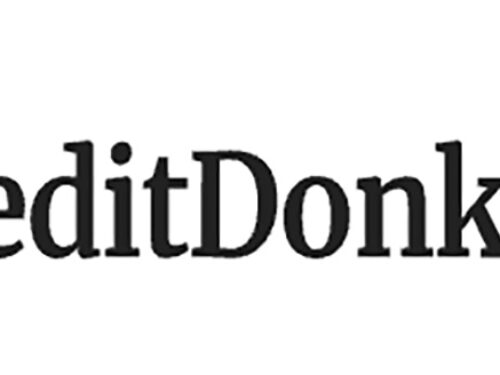
When managing a project, sometimes it takes a little extra TLC to get your team on board, working at their greatest potential, and delivering maximum results. But few people enjoy working while being observed through a microscope.
So how do you encourage employees without coming across as pushy or confrontational? Entrepreneur Guest Writer Lucas Miller offers his secret recipe for successful project management that naturally cultivates employee accountability.
- Assess Capabilities | Great leaders challenge employees to push beyond their perceived limits. But pushing too far can set both parties up for failure. Before you assign a task or judge an employee’s performance, be sure you fully understand his or her capabilities. It’s up to you to make sure employees have all the tools they need to meet expectations, whether it’s the right technology, support system, or additional training.
- Communicate Clear Expectations | At the end of your delegation meeting, both parties should be clear on what’s expected and how you intend to measure outcomes. Miller recommends the SMART approach to project success measurement. The acronym stands for specific, measurable, agreed-upon, realistic, and time-based. Encourage open dialog throughout the project so there is no mystery on project status and goals can be re-assessed along the way.
- Establish Respect, Inspire Commitment | Before you delegate and set new expectations, understand how your relationships may influence employees’ commitment to the project goals. It’s important that you establish a foundation of trust and respectful leadership with your team in order to motivate them to deliver on the promise. When this foundation is laid, following up becomes a daily dialog rather than an abrupt checkpoint and employees share your commitment to success.
- Maintain Frequent Follow-up Conversations | Approach follow-up conversations as a regular practice in your working relationships. Don’t save up all your grievances for a confrontational meeting. Instead, check in often with the intention to offer guidance and encouragement, so you are setting everyone up for success. This method gives you a chance to correct any missteps before they become bigger problems.
- Encourage Ongoing Feedback | Feedback is an ongoing, two-way conversation, not a top-down end game. While a final project review is important, the touchpoints throughout your project timeline give both parties a chance to give feedback and address communication issues or other workflow obstacles that may affect your final outcomes.




